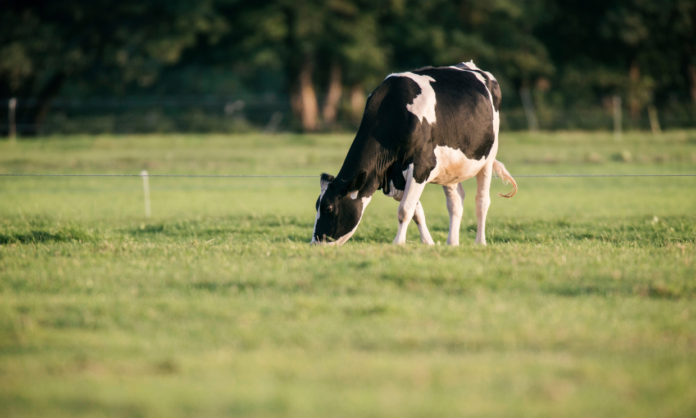An acquaintance of ours was recently giving a talk on the importance of agriculture, as an industry, to Ireland. He was a farmer himself so he was well qualified to speak on the subject. His audience was a cross-section of society and his words were well received.
Away from the podium, the same man had other thoughts, thoughts that he would be a bit more reluctant to express in public or certainly before an audience made up of those who work in agriculture.
Privately, he felt, one of the biggest problems that the industry is facing is the value of land and how that is perceived by the next generation.
Young farmers, he felt, saw things differently. Whereas there was a time (and perhaps it is still so for many) when farmers would do anything to keep the farm within the family, some of the up-and-coming generation of agrictural land-owners would not see things the same way.
Most farmers would probably identify with Richad Harris when he played the Bull McCabe in Jim Sheridan’s movie The Field: “It’s my field. It’s my child. I saw to its every want. I dug the rocks out with my own bare hands and made a living thing of it. My only want is that green grass, that lovely green grass, and you want to take it away from me, and in the sight of God I can’t let you do that.”
They’re dramatic words certainly and probably an exaggeration of what most of today’s land-owners would say, but let the point stand: farmers see the land as something worth fighting for.
Our friend questioned if the next generation would identify with ‘the land’ in the same way and he felt that that was not the case. It’s not that the next generation have any less regard for the land, it’s that they have a higher regard for their own lives, hopes and dreams, and are less likely to live hand-to-mouth (as many farmers do) while at the same time retaining a very valuable asset.
This came about because of greater access to the world, a higher awareness of what’s out there for young people and, most of all, our friend said, because of education.
If anything is cultivated in Irish schools today it’s curiosity, and that’s something that is a platform for a lifetime of learning. Being attached to ‘a field’ doesn’t have the excitement of the greater world; the value of the land is easily realisable by getting an auctioneer involved.
‘The point of all of this is the uncertainty that hangs over Irish agriculture and the Irish food industry as a whole…’
Selling your best asset is a choice younger farmers may feel is easily justified, given that they know how the rest of the world works and what is available to them by refusing to stubbornly defend something that was handed to them and isn’t making them money.
The point of all of this, our learned friend felt, was the uncertainty that hangs over Irish agriculture and the Irish food industry as a whole. We import so much now and whatever our own agriculture can’t provide, or do so competitively, can easily be replaced by imports.
In failing to support our own food suppliers, we make it even easier for young farmers to decide that farming isn’t for them and the field, once worth fighting for, is better off in the hands of others, even “outsiders” (as the Bull McCabe said in a fine oration).
It’s probably down to personal choice. If we fail to back our farmers, then we can’t be surprised when they make choices of their own and sell land – “that lovely green grass” – which new owners may use for other purposes (e.g. forestry) and which, once upon a time, was unthinkable. Not any more.

